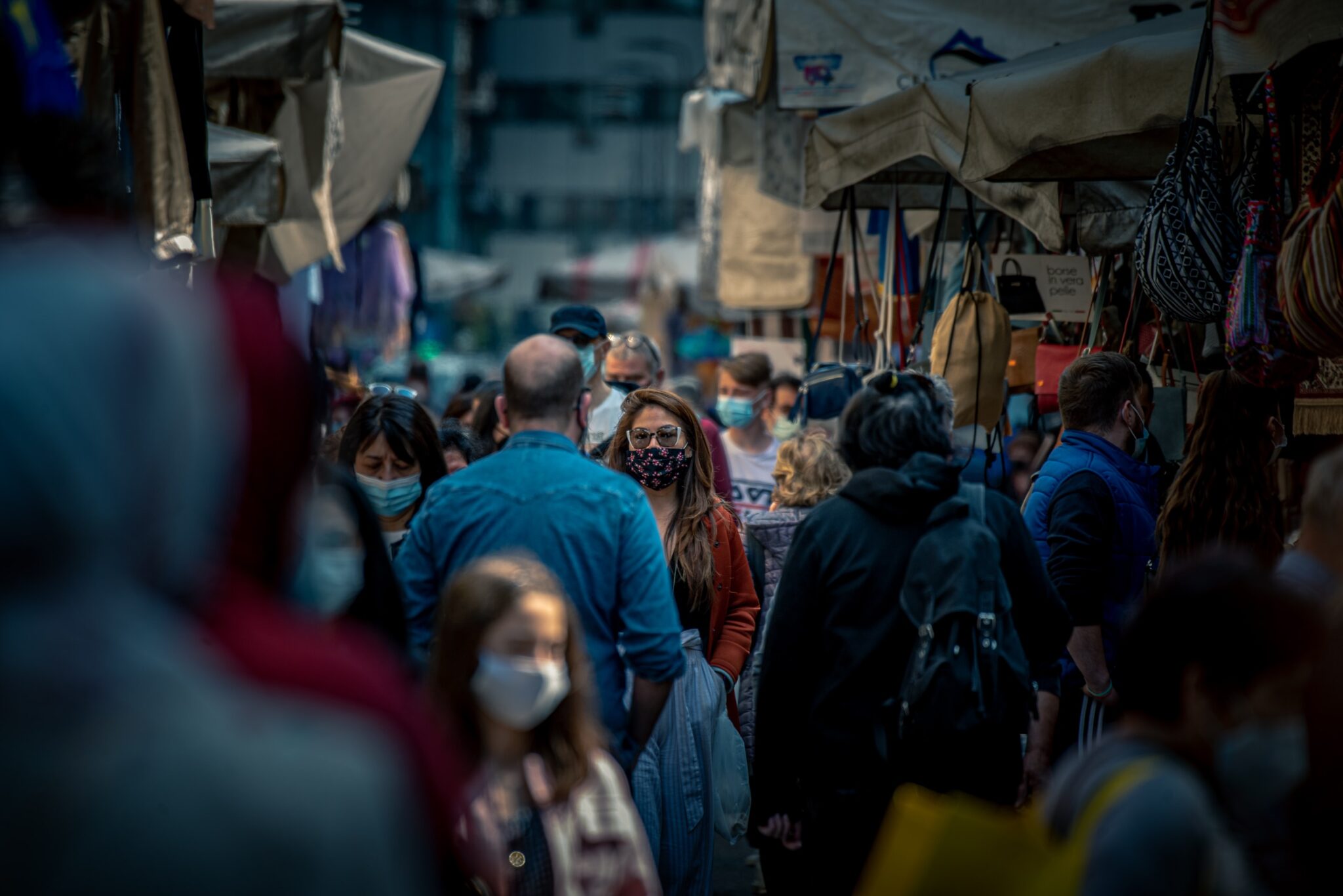
COVID-19 and the Sustainable Development Goals: reversing progress towards decent work for all
The pandemic wreaked havoc on people’s lives and societies, but how far did it set the global community back in reaching the SDG targets related to decent work and economic growth?









